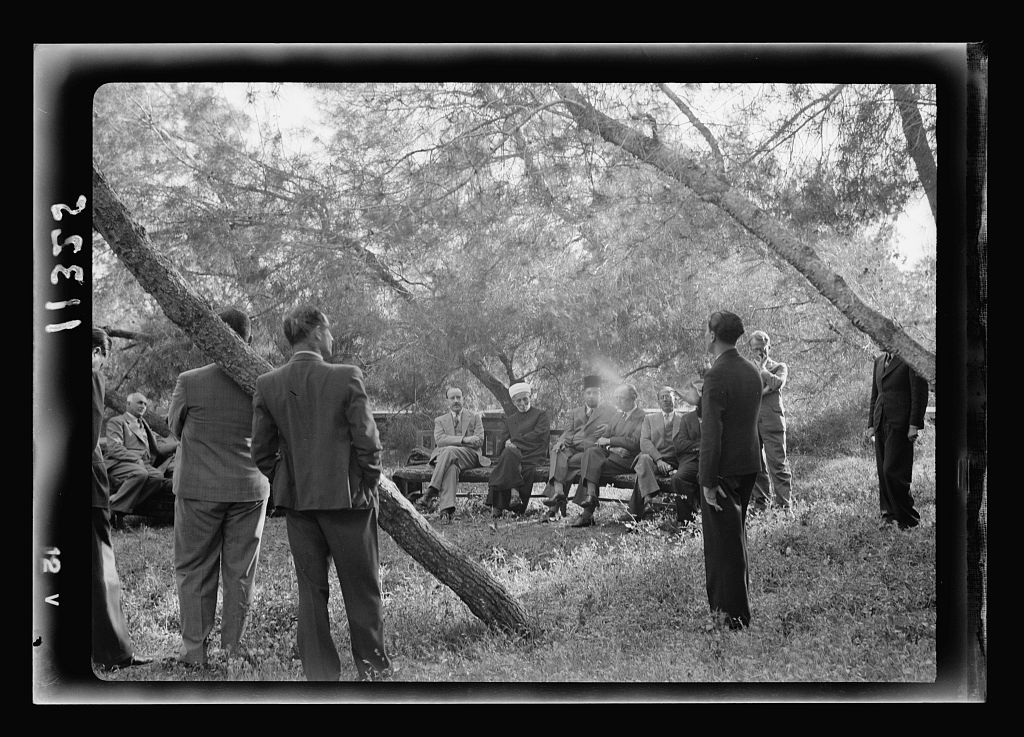Poetry as Resistance: Iraqi and Palestinian Cultural Expression

By Zahraa Alrafish / Arab America Contributing Writer
Throughout history, poetry and art have served as powerful tools of resistance, carrying the voices of the oppressed and preserving cultural identity in the face of adversity. For Iraqis and Palestinians, whose lands have been marked by conflict, displacement, and occupation, poetry has become more than just an artistic expression; it is an act of defiance, a means of survival, and a beacon of hope.
The Role of Poetry in Cultural Resistance
In both Iraq and Palestine, poetry has long been woven into the fabric of daily life. Rooted in oral traditions that date back centuries, poetry is not just a form of storytelling but also a way to document pain, resistance, and resilience. When political circumstances seek to erase identity, poetry stands as a reminder of who people are and where they come from.
For Palestinians, poetry has been a key instrument in resisting occupation and expressing the yearning for freedom and return. Poets like Mahmoud Darwish turned the written word into a lifeline, capturing the sorrow and struggle of exile while keeping the dream of a homeland alive. His poems, such as “Identity Card” and “To My Mother,” articulate themes of loss, longing, and resistance, resonating deeply with generations of displaced Palestinians.
Similarly, in Iraq, poets have chronicled the suffering caused by decades of war, sanctions, and foreign interventions. Figures like Badr Shakir al-Sayyab and Nazik al-Malaika infused their verses with themes of pain and perseverance, expressing the anguish of their people while refusing to be silenced by oppressive regimes. Iraqi poetry often reflects the intersection of personal and collective trauma, making it a profound testament to survival against all odds.
Art as a Weapon Against Oppression
Beyond poetry, visual art has also played a significant role in cultural resistance for both Iraqis and Palestinians. Artists use their work to reclaim narratives, challenge stereotypes, and showcase the richness of their heritage in the face of attempts to erase it.
In Palestine, graffiti and murals have become a prominent form of resistance, particularly on the separation wall in the West Bank. These artworks transform the wall from a tool of oppression into a canvas of defiance, displaying messages of hope, unity, and resistance to the world. Artists like Banksy and local Palestinian creatives have used this medium to amplify voices that might otherwise go unheard.
Iraqi artists, too, have harnessed their talents to address themes of war, displacement, and resilience. The works of painters such as Dia Azzawi depict the pain and devastation wrought by conflict, while also celebrating the cultural heritage and strength of the Iraqi people. Art exhibitions, both within Iraq and in the diaspora, serve as platforms for Iraqis to reclaim their narrative and counter the dominant stories told by external forces.
Poetry in Protest Movements
In recent years, poetry has continued to be a powerful tool in protest movements across Iraq and Palestine. During the 2019 protests in Iraq, young activists recited poetry in public squares, using it to demand justice, dignity, and an end to corruption. Their words became rallying cries, uniting people across different backgrounds in a common struggle.
Similarly, Palestinians have used poetry during demonstrations, whether in the streets of Gaza or at international forums. The recitation of verses at protests or cultural events serves to remind the world of the ongoing struggle and the enduring spirit of the Palestinian people.
The Future of Resistance Through Art
Despite the challenges faced by Iraqi and Palestinian communities, poetry and art continue to thrive as forms of resistance. Digital platforms and social media have provided new avenues for artists and poets to share their work with the world, reaching audiences far beyond their homelands. This has allowed for the formation of transnational solidarity networks, where the struggles of one community resonate with those of another.
In a world where narratives are often shaped by those in power, poetry and art serve as unfiltered expressions of truth. They remind us that resistance is not just about political struggle; it is about the assertion of identity, the preservation of culture, and the refusal to be erased.
For Iraqis and Palestinians, poetry and art are more than just creative outlets; they are acts of defiance, declarations of existence, and visions of a future where their voices can no longer be silenced.
Check out our blog here!








